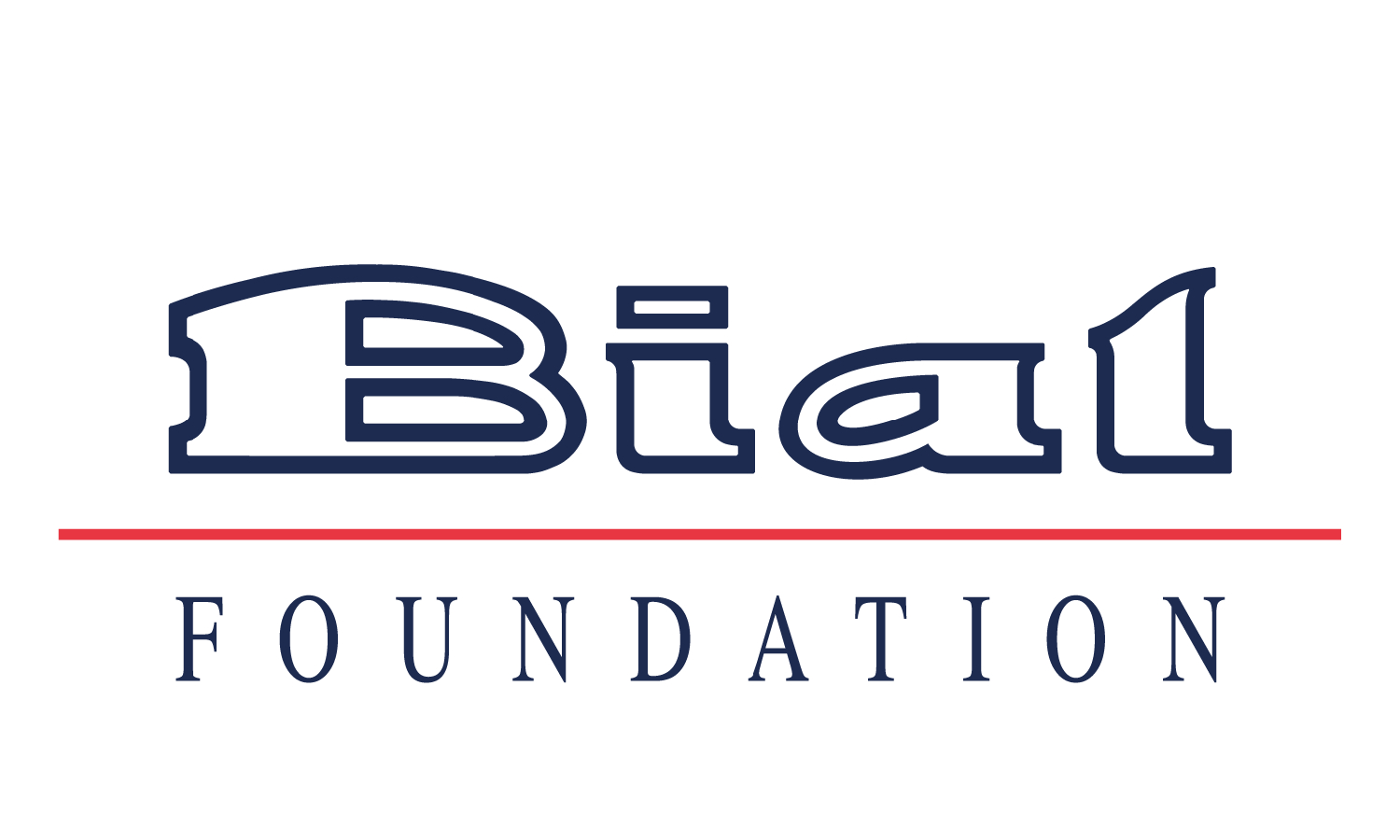Research tests a novel neurobiological model of how the brain acts as a psi (e.g. telepathy, clairvoyance, precognition, or mind-matter interactions) inhibitor and concludes that the frontal lobes of the brain act as a filter to inhibit humans' innate psi abilities.
Psi is a phenomenon that includes telepathy (mind-mind connections), clairvoyance (perception of distant objects or events), precognition (perception of future events), and mind-matter interactions (psychokinesis). There are several studies that discuss the empirical evidence for psi, including arguments against their existence as their effects are small and hard to replicate under controlled experimental conditions.
To address this phenomenon, Morris Freedman's team, supported by the BIAL Foundation, has developed a novel neurobiological model based upon the concept that the brain may act as a psi-inhibitory filter. In other words, humans may have innate psi abilities that are suppressed by this frontal lobe filter. To test this hypothesis, he and his colleagues, Malcolm Binns, Jed Meltzer, Rohila Hashimi, and Robert Chen used repetitive transcranial magnetic stimulation (rTMS) to induce reversible brain lesions in the left medial middle frontal region in healthy participants.
In an article that was published online ahead of print in the scientific journal Cortex, called Enhanced mind-matter interactions following rTMS induced frontal lobe inhibition, Freedman and the researchers found a significant psi effect following rTMS inhibition of the left medial middle frontal lobe. Healthy participants with reversible rTMS induced lesions affecting the left medial middle frontal region of the brain showed larger effects on a mind-matter interaction task compared to healthy participants without rTMS induced lesions.
These findings support the concept that the brain serves as a filter to block psi effects and may help explain why these effects are so small and hard to replicate in healthy participants.
"This study confirmed our hypothesis”, says Freedman, head of the Division of Neurology at Baycrest, adding that “individuals with neurological or reversible rTMS induced frontal lesions may represent a useful group for detection and replication of this phenomenon”.
For Freedman, these findings "are potentially transformative for the way we view interactions between the brain and seemingly random events” and may “significantly advance research in the area of psi, helping to bring this phenomenon into the realm of mainstream science".
Learn more about the project “210/18 - Mind-matter Interactions and the Frontal Lobes of the Brain” here.



















































